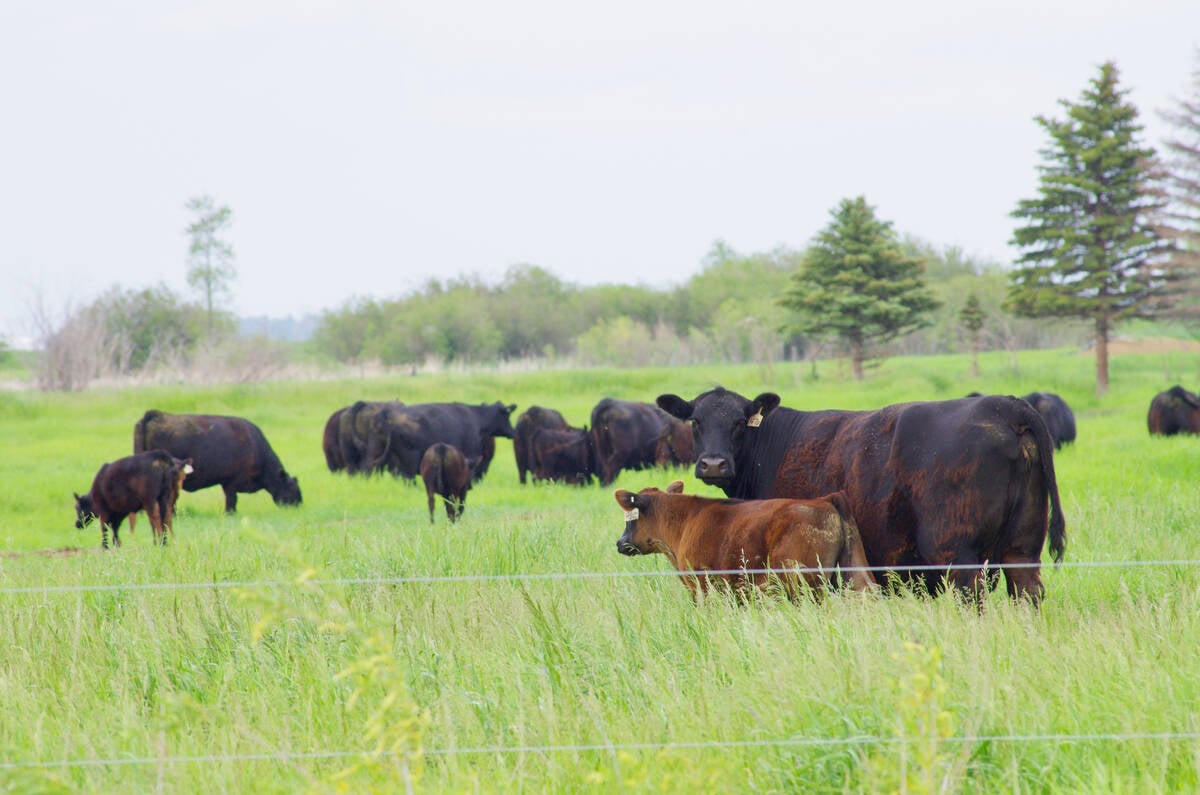Animal welfare audits are part of the corporate culture for large meat processors such as JBS.
“These workers do a job that is often criticized by the public. They need to feel good about what they do,” said Lily Edwards-Callaway, head of animal welfare for the Brazilian based company, which has more than 280 facilities around the world.
The company processes thousands of cattle, pigs, lamb and poultry a day but also face protests from animal rights groups that use the slogan “meat is murder” when picketing packing plants.
Read Also

Tick research from the University of Manitoba focuses on insects and testing
Manitoba researchers are looking into the effects of tick and fly disease in cattle.
To counter the criticism, each JBS plant has at least one certified animal handling auditor and provides regular training by technical services staff.
Edwards-Callaway, who was trained by animal behaviourist Temple Grandin from Colorado State University, follows the guidelines of the Professional Animal Auditor Certification Organization.
“We conduct daily audits and we are constantly working on our training program,” she told the Alberta Farm Animal Care meeting in Calgary March 22.
JBS recently bought the XL Foods Lakeside plant at Brooks, Alta., where the same training programs have been introduced.
“We monitor employee performance and hold plants accountable.”
The company has regular meetings with staff, and workers who have demonstrated good care are recognized quarterly.
The company based its program on the American Meat Institute guidelines, which cover animal handling and transportation.
Evaluations are conducted from the time the animals arrive until they are dead.
Plant workers are scored on whether animals have access to water, how long they had to wait for unloading, if they slip or fall and levels of vocalization as they move through the system. No willful acts of abuse or electric prods are allowed.
Auditors also measure whether animals are stunned insensible the first time when they enter the knock box. This is watched with a live camera so that the auditors can see minor reflexes and make sure the animals are insensible.
JBS has installed cameras throughout its plants to assess animal care and food safety practices. They will soon be installed at the Brooks facility.
Evaluators can observe staff performance, often catching potential problems as well as mistakes. Each plant reports daily on welfare, food safety and quality assurance.
“We refer to animal welfare as a school zone,” she said. “You don’t speed through school zones.”
















